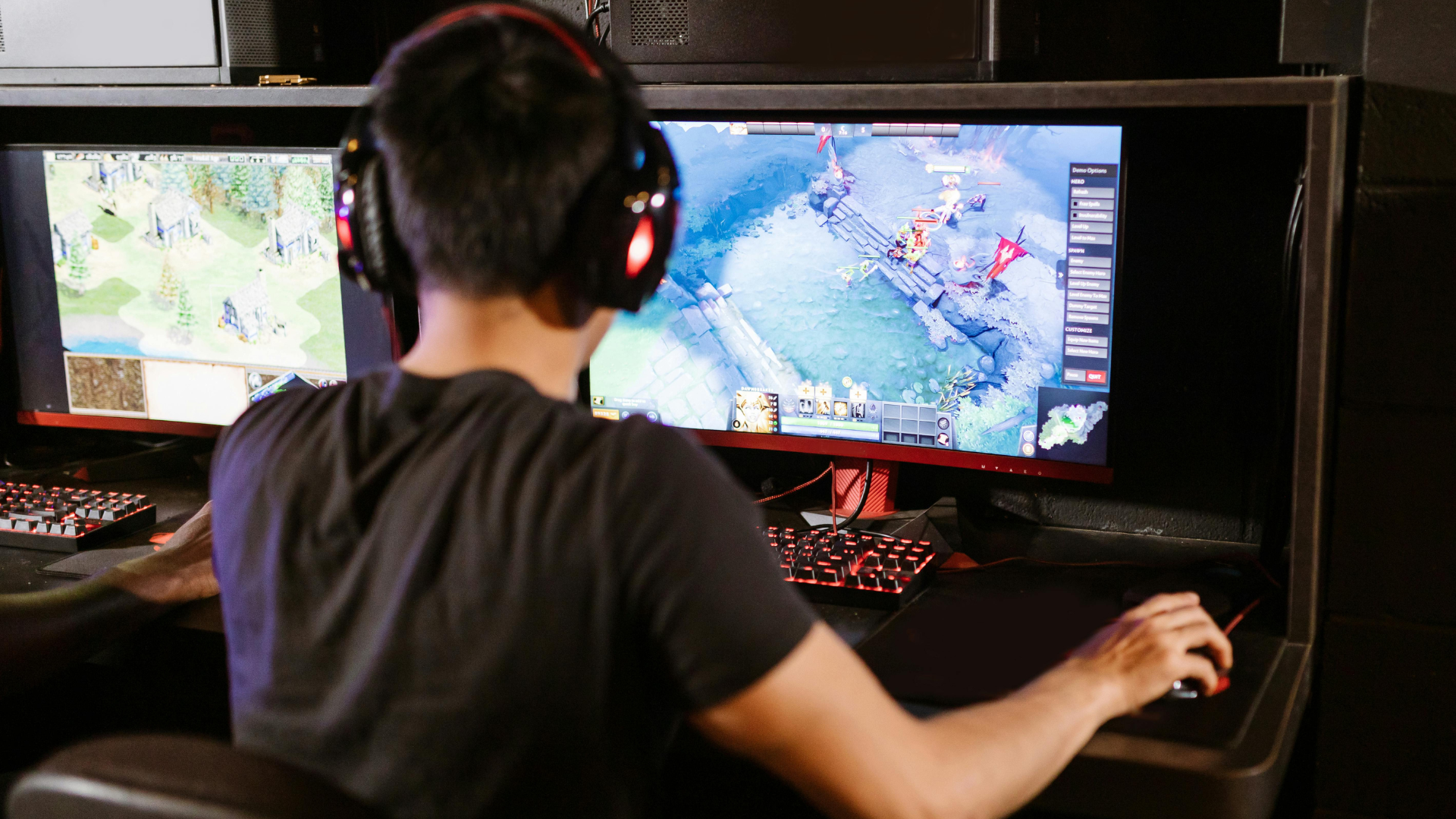The Games That Didn’t Age Well
Back in the day, some games felt like the ultimate reward for finishing homework. Now, trying to play them is the chore. That’s because what once passed for innovative design feels painfully slow, overly complicated, or just plain annoying. Nostalgia might convince you they’re still fun, but the moment you hit that first tedious level, reality sets in. So, here are 20 titles that are just stuck in a time when gaming had fewer options.
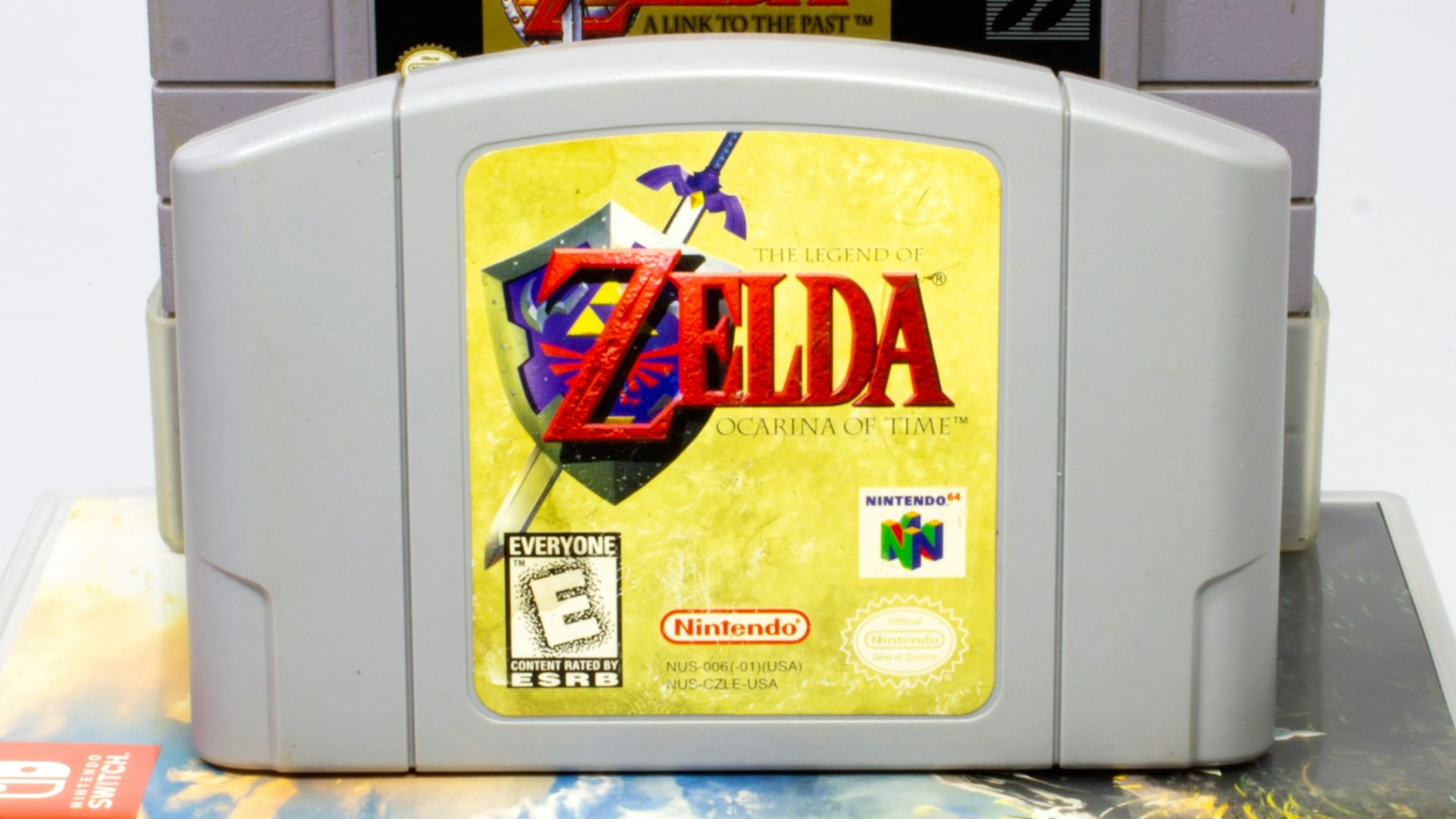 Francisco Gonzalez Romanelli on Unsplash
Francisco Gonzalez Romanelli on Unsplash
1. The Elder Scrolls III: Morrowind
This game’s 2002 release promised an immersive open world with deep lore and navigation that forced players to rely on memory instead of quest markers. Today, that design feels punishing, as it turns simple progression into a grind.
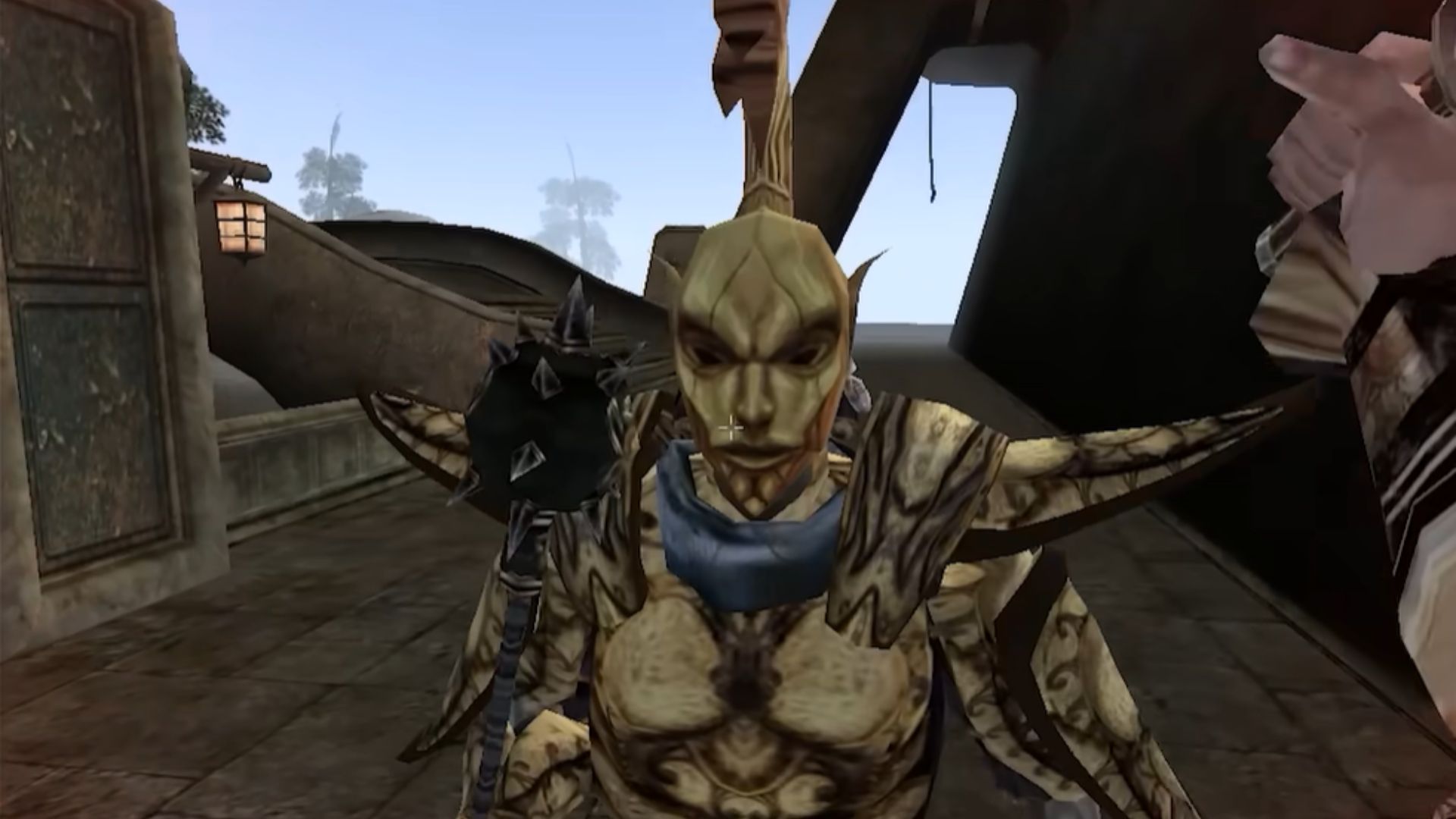 LGR - Elder Scrolls: Morrowind - PC Game Review by LGR
LGR - Elder Scrolls: Morrowind - PC Game Review by LGR
2. Final Fantasy VII
The original Final Fantasy VII layered its slow, turn-based combat with side attractions like the Gold Saucer, highlighted by its snowboarding minigame. Though beloved in 1997, that mix now feels dated, turning extended play sessions into chores.
 Final Fantasy VII by videogamedunkey
Final Fantasy VII by videogamedunkey
3. The Legend Of Zelda: Ocarina Of Time
This game set a new standard in 1998 by introducing 3D combat innovations such as Z-targeting. Yet, its once-revolutionary mechanics now feel awkward, and the notorious Water Temple underscores how design can age into tedious chores in an era of smoother controls.
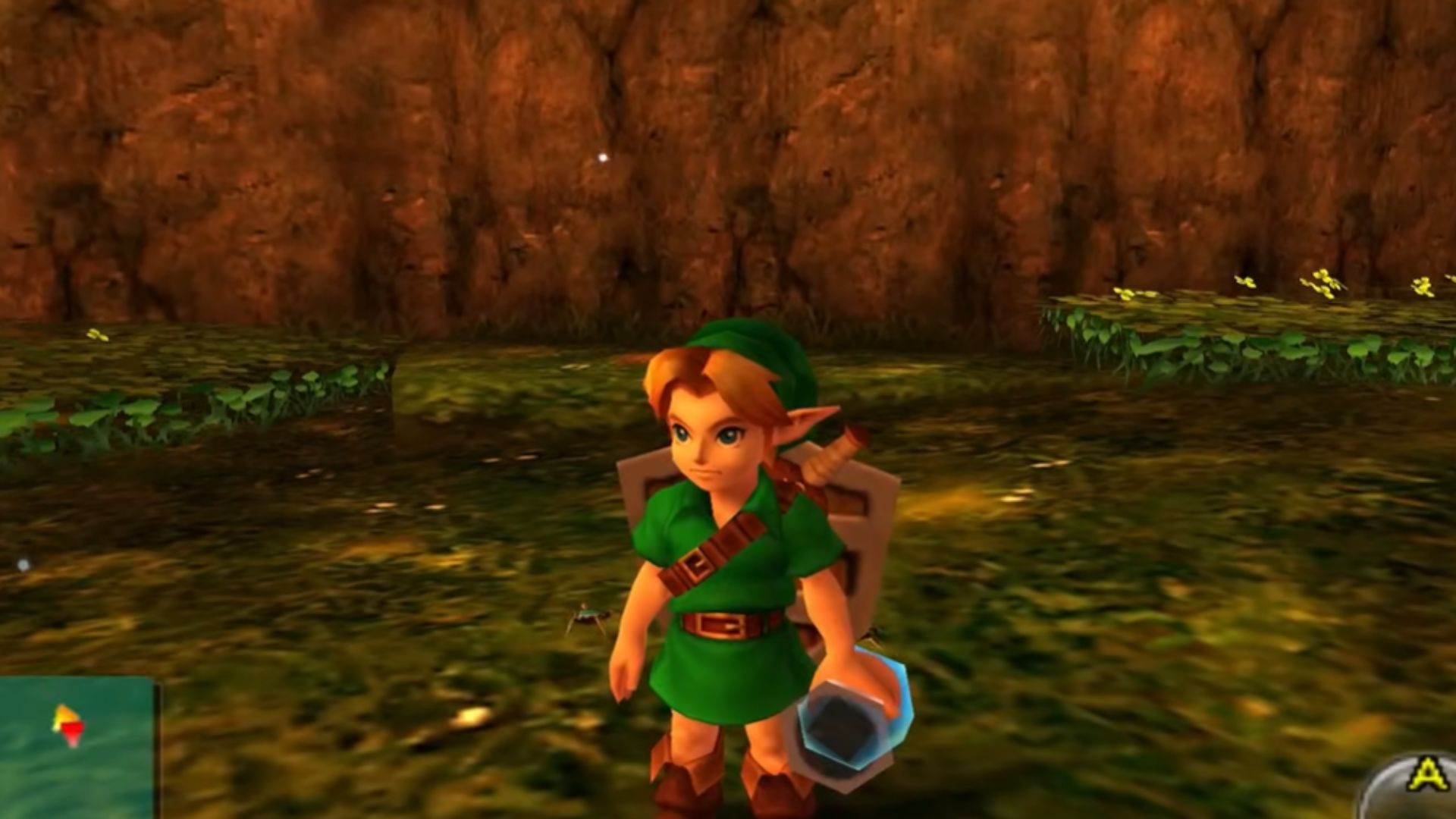 Zelda: Ocarina of Time 3D HD - Full Game 100% Walkthrough by BeardBear
Zelda: Ocarina of Time 3D HD - Full Game 100% Walkthrough by BeardBear
4. Metal Gear Solid
The original Metal Gear Solid brought revolutionary storytelling to PlayStation, complete with codec hunts and bosses that broke the fourth wall. Decades later, slow movement and constant radio interruptions weigh it down, converting what was once groundbreaking stealth into a tedious test of patience.
5. Resident Evil
Tank controls and fixed camera perspectives once defined this game’s uneasy atmosphere, reinforcing its horror-film mansion setting. Modern players, however, find those same choices frustrating. Combined with the game’s stiff voice acting, they transform a survival horror into an experience that demands more patience than scares.
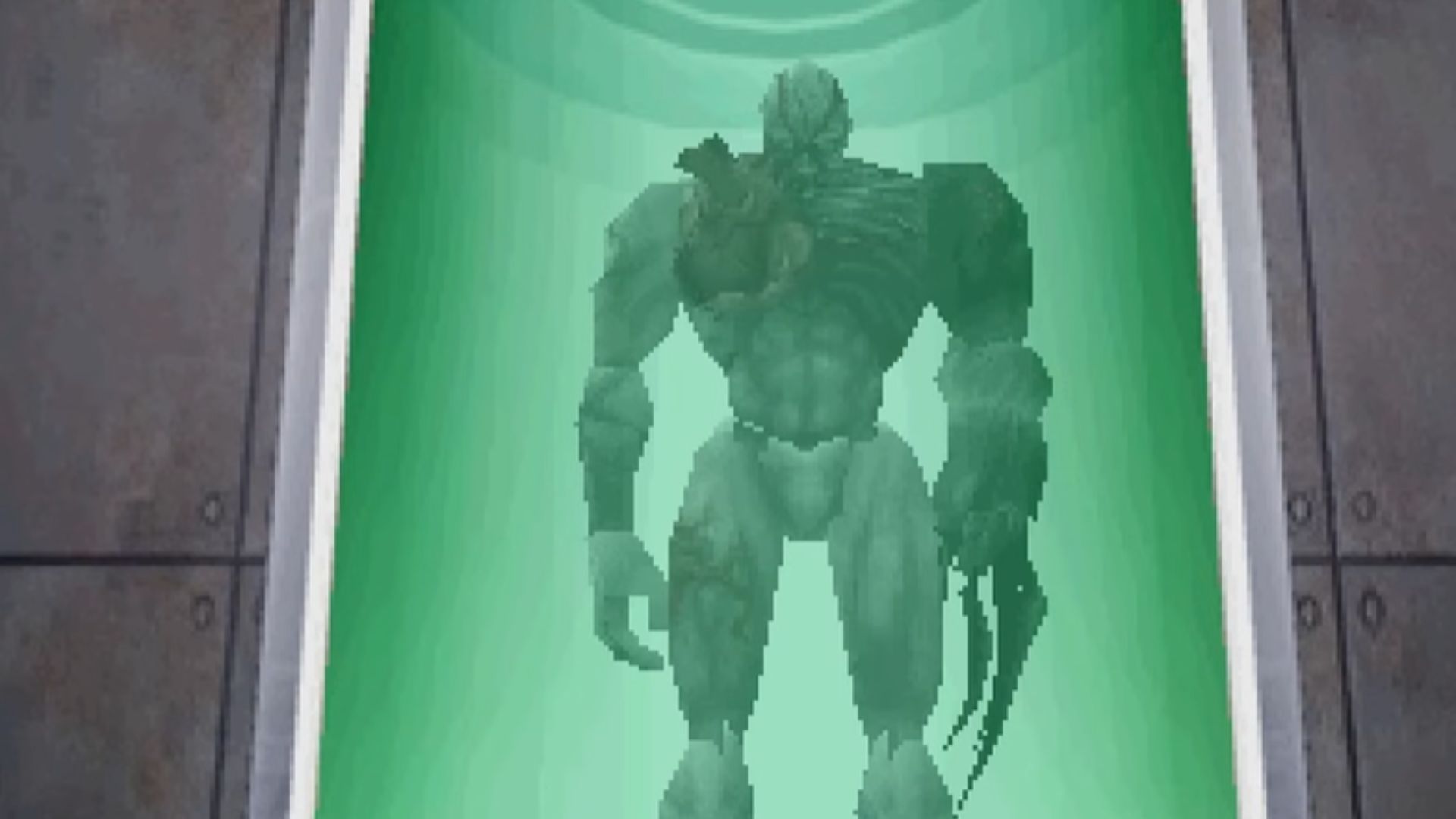 Longplay of Resident Evil (1996) by LongplayArchive
Longplay of Resident Evil (1996) by LongplayArchive
6. Silent Hill
In 1999, Silent Hill turned hardware fog into nightmare fuel, pairing it with Akira Yamaoka’s haunting soundtrack and multiple endings tied to player choices. Today, those same limitations and dated mechanics feel and make revisits as draining as they are unsettling.
 The Complete SILENT HILL Timeline Explained! | FULL STORY RECAP by GameSpot
The Complete SILENT HILL Timeline Explained! | FULL STORY RECAP by GameSpot
7. Diablo II
Loot-driven progression made Diablo II a 2000 classic. Yet the same repetition that once hooked players now demands a level of patience few enjoy. Even the bizarre cow level and expansions can’t disguise how much effort its dungeon crawl requires today.
 Diablo 2: Resurrected Review by IGN
Diablo 2: Resurrected Review by IGN
8. Fallout 2
Fallout 2 dropped players into a 1998 wasteland full of freedom and confusion, offering little guidance but countless hidden gems for the determined. Modern audiences, however, find its opaque design frustrating, with the charm of talking flora and cultural Easter eggs buried under hours of wandering.
 I FORCED Myself to Play Fallout 2 in 2025 by MrSaviorHD
I FORCED Myself to Play Fallout 2 in 2025 by MrSaviorHD
9. Baldur's Gate
The 1998 release of Baldur’s Gate pioneered role-playing design with its real-time-with-pause battles, narrative density, and BioWare’s first major leap. Still, its endless reading and sluggish combat rhythm can easily overwhelm modern audiences.
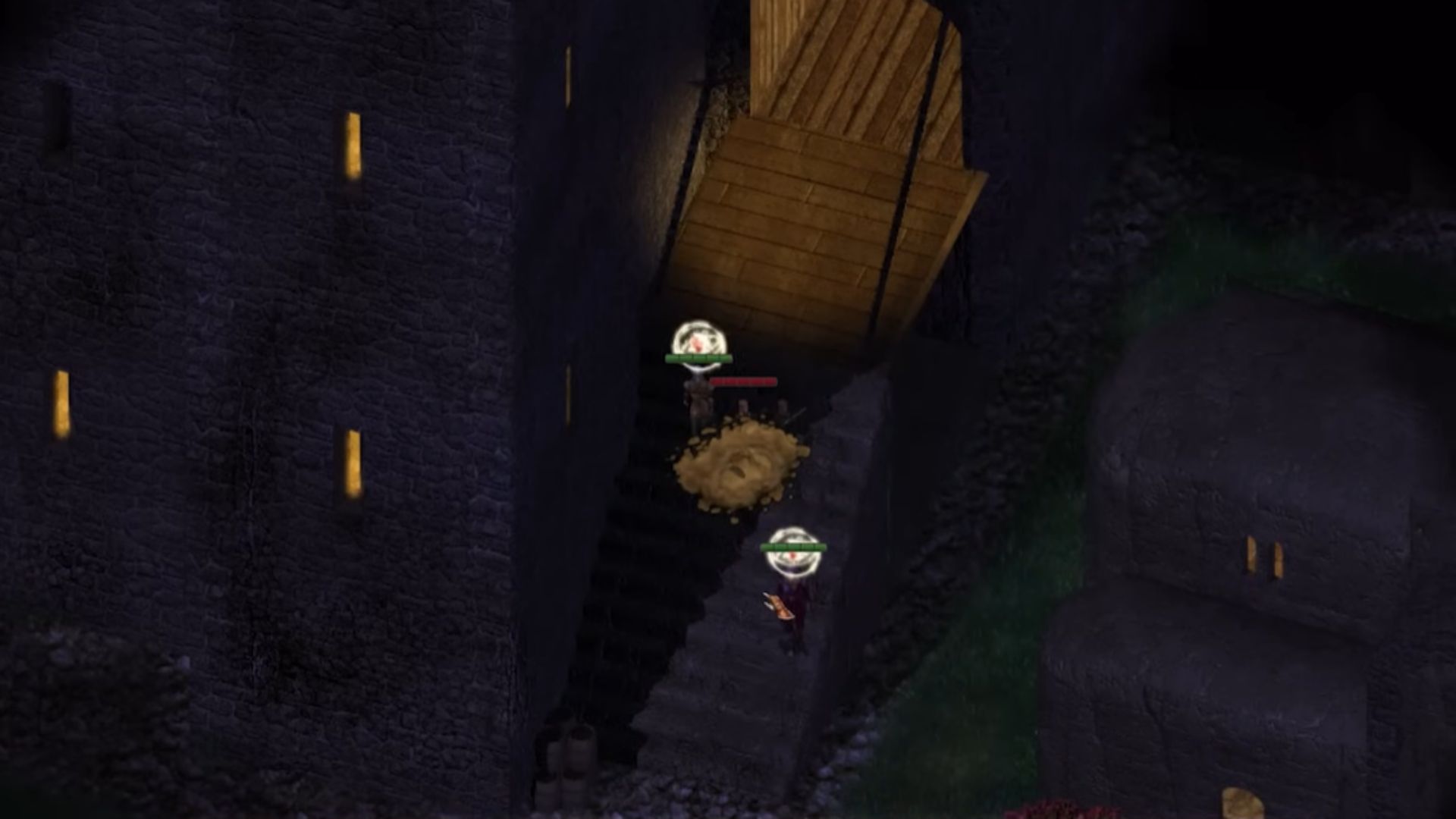 I played the FIRST Baldur's Gate, so you don't have to... (but you really should) by Biscuit Sticks
I played the FIRST Baldur's Gate, so you don't have to... (but you really should) by Biscuit Sticks
10. Assassin's Creed
The Assassin’s Creed in 2007 laid the foundation for a blockbuster series, yet its flaws stand out today. Altaïr’s inability to swim and missions that repeat endlessly make revisiting this landmark less thrilling, especially compared to the refinements introduced in later entries.
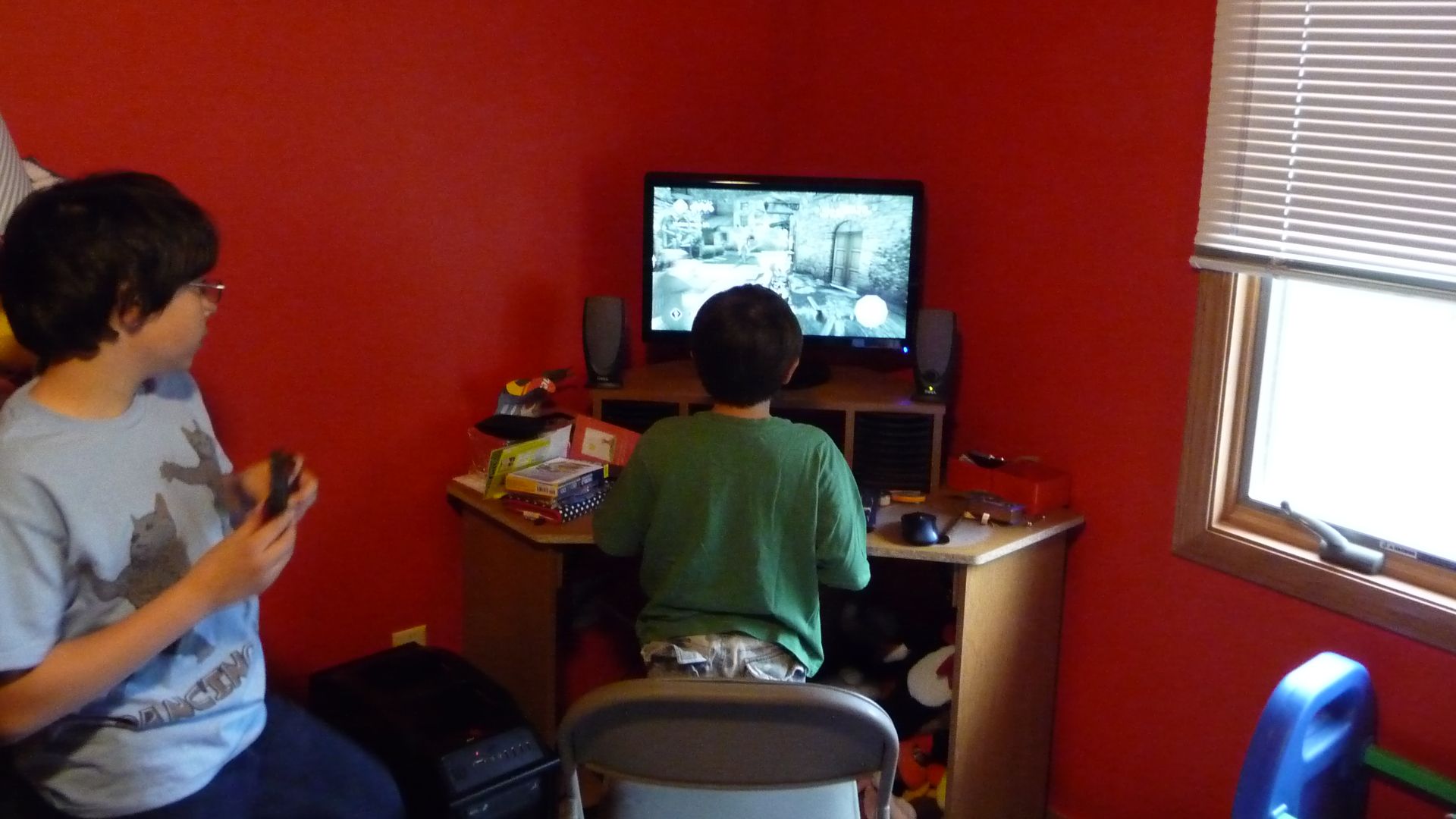 Brian Timmermeister on Wikimedia
Brian Timmermeister on Wikimedia
11. Kingdom Hearts
Kingdom Hearts exemplifies Hollywood's early courtship of gaming, recruiting screen talent like Haley Joel Osment to voice Keyblade-wielder Sora. While this 2002 Disney-Final Fantasy fusion broke new ground, its convoluted narrative and maze-like levels revealed the challenges of bridging entertainment mediums.
 Kingdom Hearts: Sephiroth Boss Fight (PS3 1080p) by Boss Fight Database
Kingdom Hearts: Sephiroth Boss Fight (PS3 1080p) by Boss Fight Database
12. ICO
When ICO appeared in 2001, its understated beauty and emotional storytelling changed what games could achieve. Its influence echoes through other titles, yet the constant struggle to guide Yorda has aged poorly, leaving a once-celebrated masterpiece feeling exhausting.
 Why ICO Is My Favorite Game Of All-Time by IGN
Why ICO Is My Favorite Game Of All-Time by IGN
13. Dragon Age: Origins
Released in 2009, Dragon Age: Origins gave players multiple origin stories that influenced the overarching tale, establishing BioWare’s dark fantasy legacy. Today, its tactical combat and lengthy dialogue sequences drag down a game that once set new RPG standards.
 Is Dragon Age Origins Still WORTH PLAYING? (2024 Review) by Big Dan Gaming
Is Dragon Age Origins Still WORTH PLAYING? (2024 Review) by Big Dan Gaming
14. The Elder Scrolls IV: Oblivion
In 2006, this game advanced RPGs with Radiant AI and quirky characters like the Adoring Fan, whose obsession still fuels online jokes. Unfortunately, its level-scaling system makes combat repetitive and unrewarding today, leaving players slogging through encounters that undermine the freedom its open world once promised.
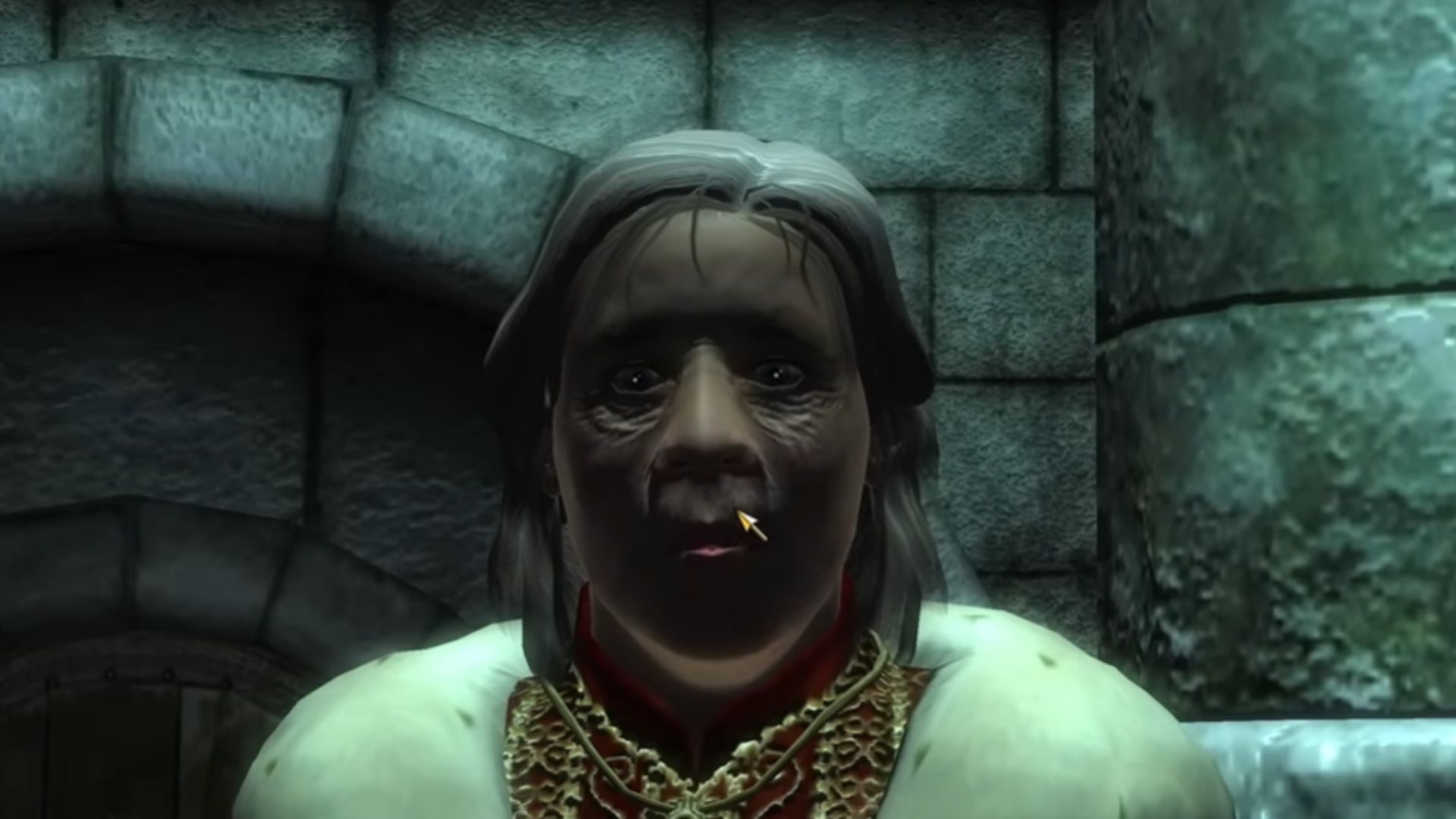 I finally tried The Elder Scrolls IV: Oblivion (it was okay) by Frostbreak
I finally tried The Elder Scrolls IV: Oblivion (it was okay) by Frostbreak
15. Deus Ex
Deus Ex set new standards in 2000 with freedom of choice, rewarding creative approaches across its cyberpunk missions. Modern audiences, however, often struggle with its dated interface, complex mechanics, and slow pacing, making its brilliance harder to appreciate without slogging through layers of frustrating design.
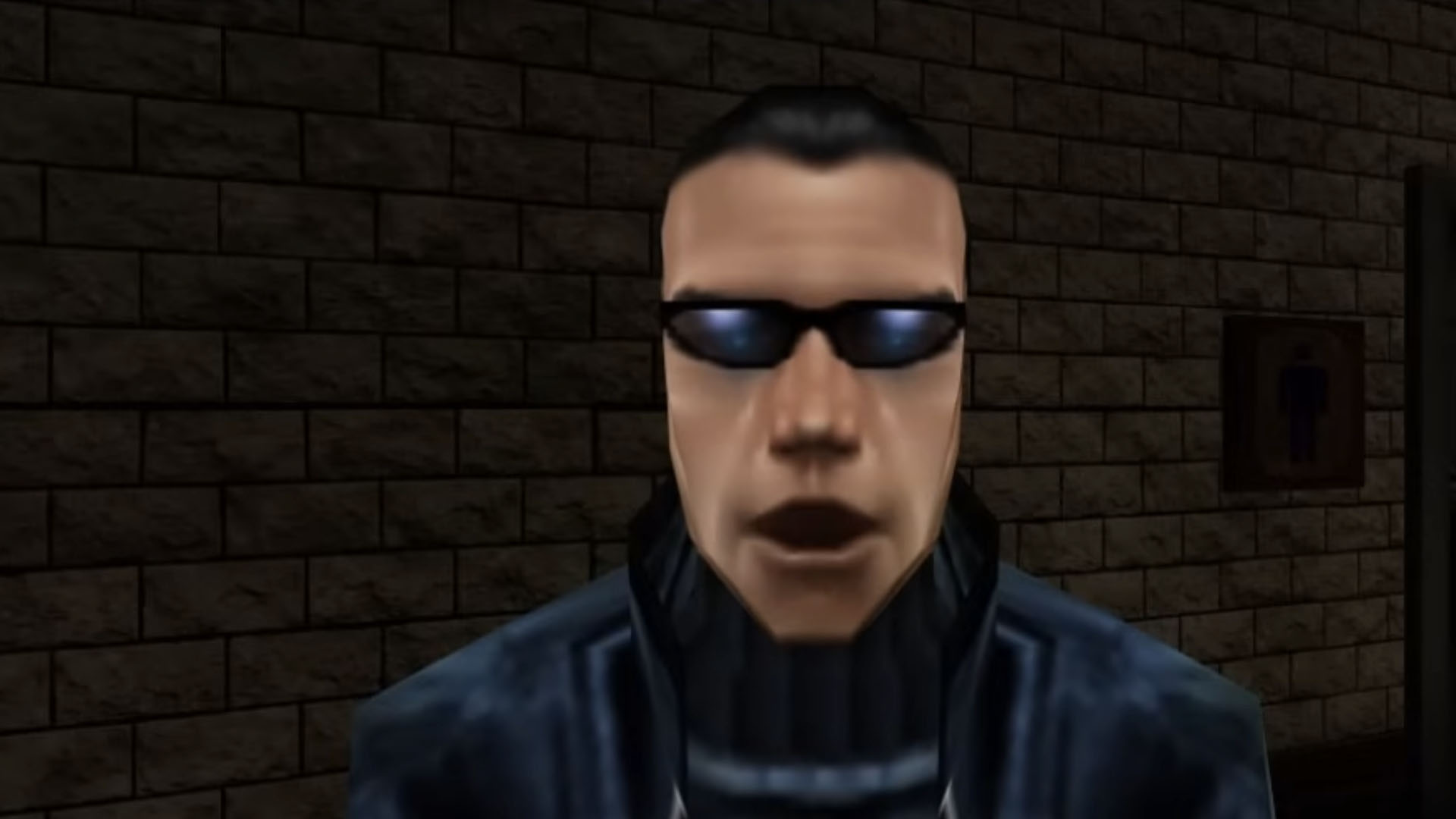 JC Denton Infamous Quotes and One-Liners - Deus Ex (2000) by Anthony Schmitz
JC Denton Infamous Quotes and One-Liners - Deus Ex (2000) by Anthony Schmitz
16. Thief: The Dark Project
Dishonored may have refined stealth gameplay, but Thief: The Dark Project laid the foundation in 1998. Its groundbreaking lighting and sound mechanics, paired with Garrett’s dry wit, made it unforgettable. However, clunky controls now make replaying it feel more frustrating than fun.
 Thief: The Dark Project Review - The Greatest Stealth Game Ever? by FPSthetics
Thief: The Dark Project Review - The Greatest Stealth Game Ever? by FPSthetics
17. System Shock 2
In 1999, System Shock 2 fused FPS combat with RPG depth, creating an experience anchored by SHODAN, gaming’s most haunting AI villain. The ambition remains undeniable, but its clunky interface and dated design make returning to this classic more of a grind than a thrill.
 System Shock 2 Review by MandaloreGaming
System Shock 2 Review by MandaloreGaming
18. Gothic
Time has been both kind and cruel to Gothic, the 2001 German-developed RPG whose fully simulated world and independent NPC routines still impress today. Yet while this pioneering vision earned sequels and cult devotion, its notoriously clunky controls and dated mechanics now gate-keep its revolutionary ambitions.
 Gothic Review by MandaloreGaming
Gothic Review by MandaloreGaming
19. Arx Fatalis
This game’s cult classic stands out for its immersive world, where players can bake bread or cook meals in a fully interactive environment. Its rune-drawing spellcasting system was innovative, but the clumsy mouse gestures feel like tedious busywork.
 Arx Fatalis Review by MandaloreGaming
Arx Fatalis Review by MandaloreGaming
20. Beyond Good & Evil
Back in 2003, Ubisoft impressed players with a daring mix of photography, stealth, and action. Jade’s investigation into an alien conspiracy gave the story lasting appeal, but those inventive mechanics now feel stiff and outdated.
 Beyond Good & Evil - 20th Anniversary Edition: Launch Trailer by Ubisoft
Beyond Good & Evil - 20th Anniversary Edition: Launch Trailer by Ubisoft






